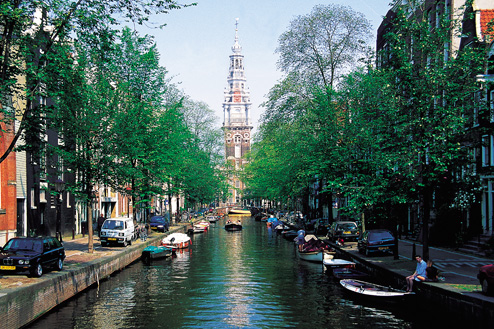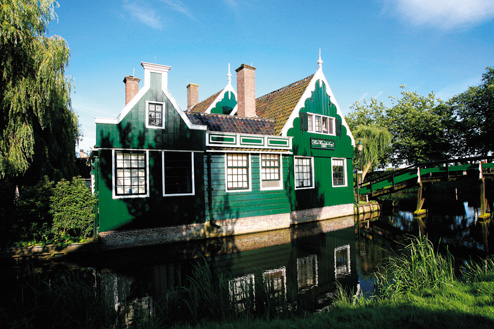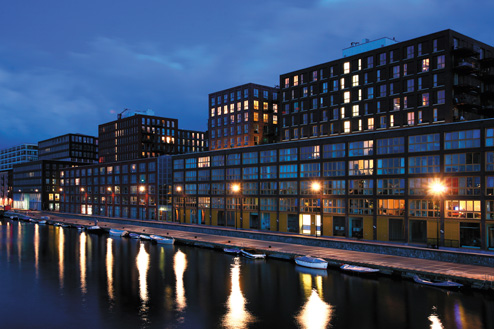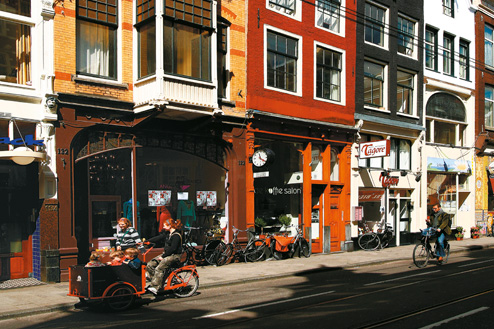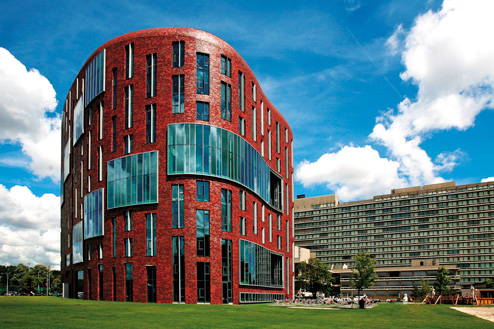Bank Accounts
The Netherlands is home to some of the biggest banking giants in the world. You should have no problem at all with being able to access your money until you are able to open an account. In order to open an account you will need to show your tax number (burgerservicenummer – used to be called sofi nummer), proof of address and occasionally a pay slip. You won't be able to open an account without these documents so make sure you have them. You will also have to choose what kind of account you would like to have: if you need a savings account, credit card and so on. In order to obtain a loan or overdraft you'll have to show proof of employment and have been receiving regular deposits for at least six months.The bank fees in the Netherlands are average in comparison to those with the rest of Europe. You will not be charged for using the ATMs though you can only use an ATM from another bank once a day. For a full report and comparison on banking fees in Europe go to www.bankers.asn.au/Professor-Hawtrey-report/#_Toc167086646. Chequebooks are not really used in the Netherlands – there is a dedicated system for paying bills or transferring money (acceptgiro) but most banking is done online. Dutch people don’t like credit and the government doesn’t encourage it; though credit cards are becoming more available they are not necessarily more popular. Interest fees are not particularly high at around 5% and most banks have the system set up so that you pay off the charges swiftly and consistently. If you would like to get a credit card you will have to show proof of a regular income of more the €650 per month. Banks are open during normal business hours and all of them offer phone and internet services, though not always in English. If you're worried about the language barrier visit your bank for a tutorial about the online service. You will always be able to contact an English speaking employee if you need advice over the phone.

